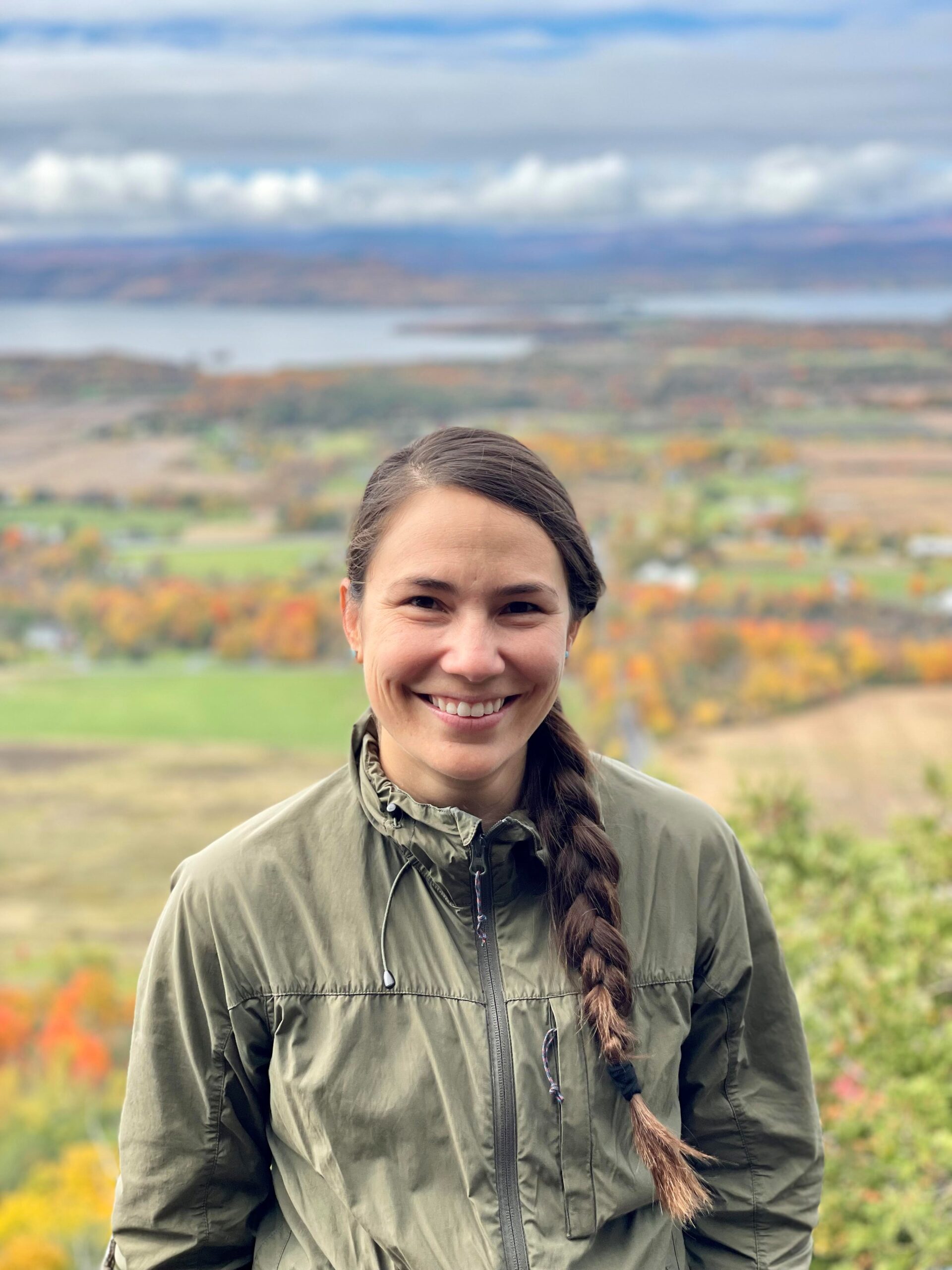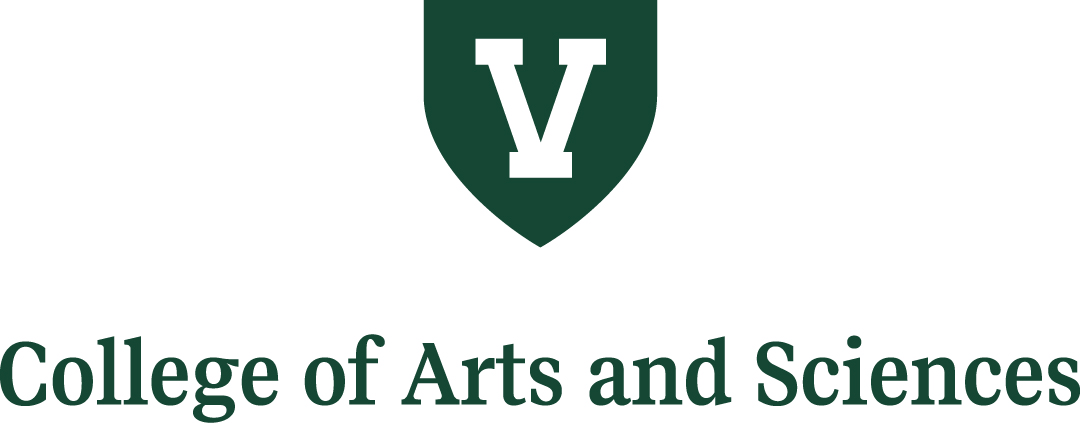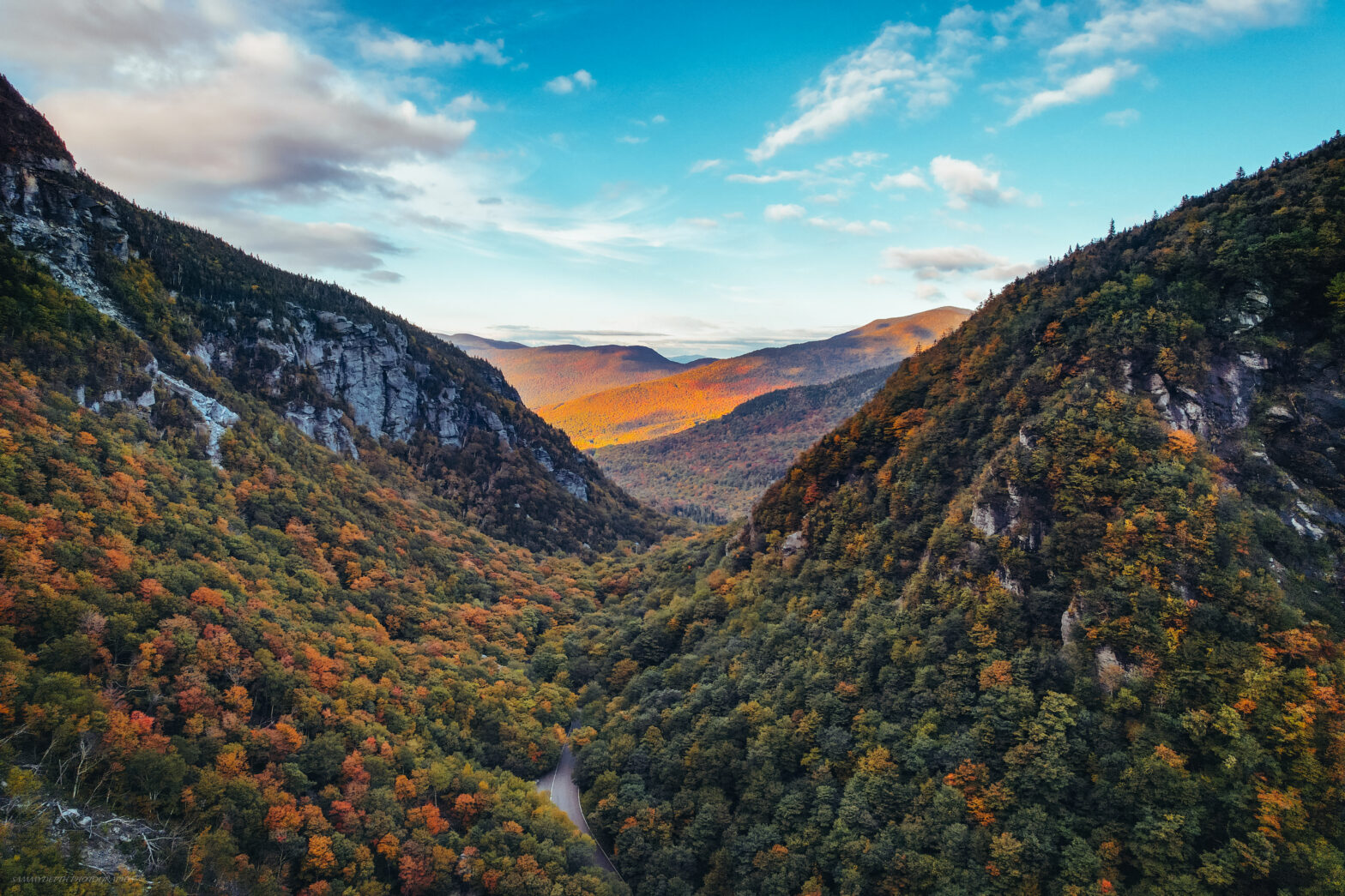Be a part of Vermont’s natural resources.
The Environmental Stewardship & Restoration program brings together UVM students and conservation professionals from around Vermont to further the stewardship and promotion of Vermont’s natural resources into the future.
Enroll in CAS 2920 C – Offered both fall and spring semesters. No application needed.
The Student Experience:
Students will be matched with an organization based on their interest within the environmental field that will ideally match their interests, academic goals, and availability.
Past partners have included: VT Department of Fish and Wildlife, Intervale Center, Bristol Trail Network, Vermont Energy Education Program, Jericho-Underhill Land Trust. Internship opportunities vary from field work to remote work, GIS mapping, and marketing and communication.
Time commitment: Throughout the semester, students will be expected to work on their projects 8-10 hours a week and attend class meetings with other students in this cohort. The class sessions will help make connections between the internship project, previous academic experience, future conservation career goals.
Credit information: The Environmental Stewardship & Restoration Community of Practice counts as elective internship credit. If students’ internship placements are related to their major or minor, they can request that the credit count toward their major or minor by contacting their department chairperson.
Program Objectives:
After completing this course, the student will be able to:
1. Analyze community contexts and understand current issues within various conservation organizations and issues across Vermont.
2. Communicate experiences gained through working with professionals, organizations, and real-world experience.
3. Understand how their relationship with the natural environment and their personal experiences can help develop a sense of their own personal land ethic.
4. Develop important job-search and professional skills (e.g., resume and cover letter writing, researching employment opportunities, etc.)

Ariana Cano
Faculty Mentor
Ariana Cano was born in Caracas, Venezuela—an upbringing constantly surrounded by adventures to El Avila and Morrocoy National Parks; the two “outdoor” environments that first introduced her to adventure, camping, and environmental stewardship. She went on to attend Florida State University where she pursued a B.S. in Political Science and a B.A. in English. With the lack of environmental education in her repertoire, Ariana decided to pursue a Master of Science at the University of Vermont. Here, she studied the effects of community supported agriculture and the impact these have on people’s attitude towards local food systems. She then obtained her Ph.D. in Natural Resources at the University of Vermont. Ariana’s main passion is teaching about social justice and community movements. Ariana is a firm believer of grassroots movements, social justice, and political action. In her free time, you can find Ariana biking (either mountain or road because bikes are just awesome), playing volleyball, kayaking, and swimming. In the winter, she misses the warmth of the tropics but gets by snowboarding.
Still have questions?
Email cas.discovery@uvm.edu — our team would be happy to assist.

